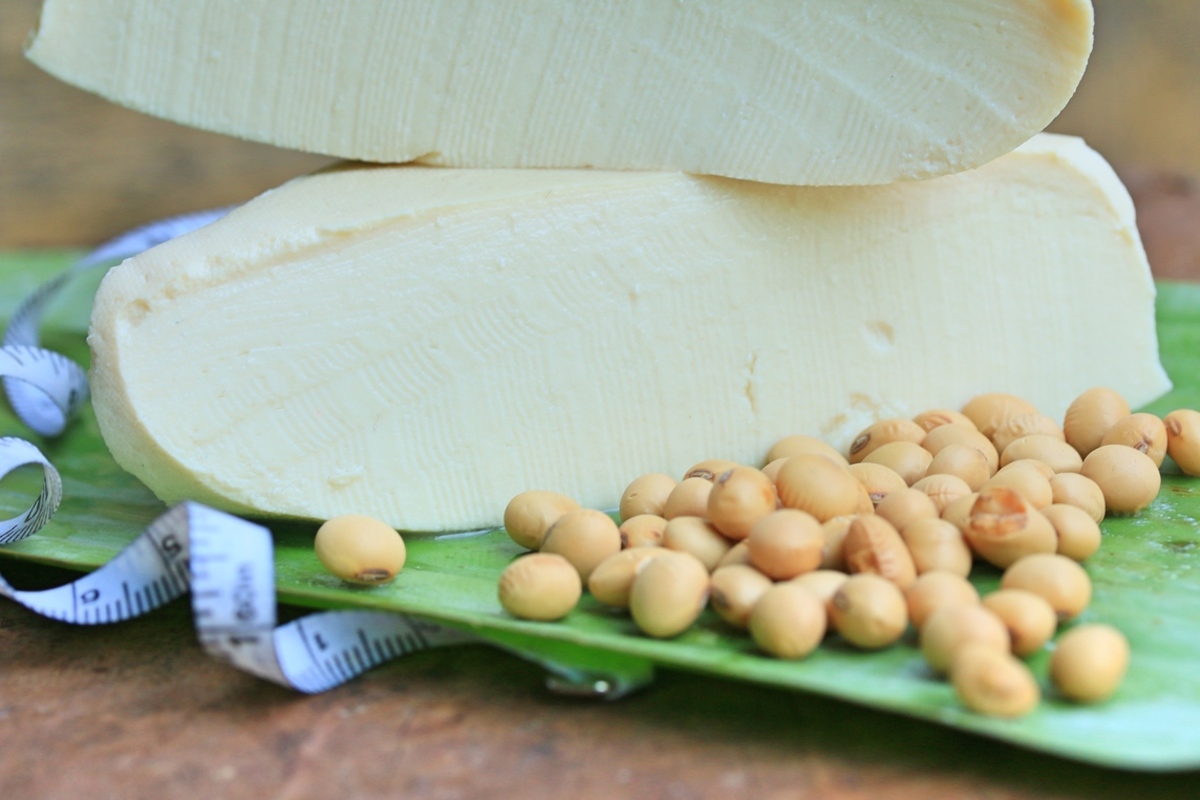Soy is a legume that typically grows in East Asia. Extremely nutritious and rich in proteins, it can be used an alternative to more health-threatening foods. Soy can be processed and consumed in a lot of different ways, and is often one of the primary ingredients in a vegetarian or vegan diet.

Benefits of soy consumption
Soy is a good source of protein, but offers the advantage of having virtually no cholesterol and very few saturated fats, making it one of the best protein sources for those who have high cholesterol.
Soy is also rich in potassium, fiber, zinc, calcium, and B vitamins, but can also provide a good intake of omega-3 fatty acids, all of which are good if you want to lower your cholesterol levels. In addition to that, soy is also good for people who have high blood pressure and are at risk of heart disease.
Even people who have been diagnosed with diabetes can benefit a lot from consuming soy, because it helps reduce rates of absorption and digestion, which lowers the levels of sugar in the bloodstream.
Soy and high cholesterol
The Journal of Nutrition published the results of a study that spoke of how soy can reduce LDL levels in patients with high cholesterol. During the trial, researchers discovered that consuming soy protein can reduce bad cholesterol by about three or four percent. While that may not seem like much, people who have high cholesterol should consider reducing it by all means necessary.
Basically, soy is a healthy alternative to a lot of the foods that people consume and which pose a threat to cholesterol levels. Here are some ideas to make it work:
- Soy protein makes an excellent replacement for ground beef.
- Soy nut butter is a much healthier alternative to regular butter.
- Tofu can successfully replace chicken in a salad.
- Soy cheese is way better compared to the high-fat cheeses found in supermarkets.
- Soy milk is a low-fat alternative for regular milk (when purchasing, make sure you read the label and choose soy milk which is low on sugar, but high in calcium and vitamin D).
- Soy meats are a healthy replacement for basically all kinds of meat.
Types of soy
This legume comes in many different forms, and each one can be used to make nutritious meals. Whole soy products, for instance, are made with edamame and soybeans, and they represent the least-processed type.
By grinding soybeans, one can also make soy milk, which is a great alternative for people who are lactose intolerant, or for those who want a low-calorie option for the traditional milk found in stores. Soy milk is also the primary ingredient of tofu, a great ingredient for preparing vegetarian salads.
Fermented soy is used to make products such as natto, miso, or soy sauce. The latter, for instance, is a liquid condiment that combines salt water, mold, roaster grains and fermented soy.
Soy can also be used to make soy supplements. These are actually made from soy protein isolate, which is turned into soy powder through a process that involves grinding soybeans to create flakes, which are then used to extract the oil. The flakes are combined with either alkaline water or alcohol, heated, and turned into the aforementioned powder.
There are different foods that are made with soy, such as meat substitutes for people who are vegan or vegetarian. It can also be used to make cheese and yogurts.
How much is too much?
Just because a food is healthy, that doesn’t mean that you should consume it non-stop. If you’ve never eaten soy before, take things slowly and add it to your diet by replacing one high-cholesterol food at a time.
As long as your consume soy in moderation, you can truly enjoy the benefits it brings to your diet without suffering any of the consequences. Keep in mind that you might be allergic to soy, but it can also cause a series of stomach-related problems, ranging from diarrhea and loose stool to stomach pains.
Some doctors suggest that too much soy can cause hormonal imbalance in men, but there isn’t too much scientific evidence to support this claim. You should consider talking to a nutritionist, as they can calculate just how much soy is enough for your weekly diet.
A word on soy proteins
Soy protein is just one of the many types of soy out there. In the medical world, the benefits of soy protein are a controversial subject. The FDA is now considering removing protein from its list of foods that help lower cholesterol levels, because studies on this topic have yet to yield any significant results.
The studies mentioned at the beginning of this article were recently subject of a meta-analysis that was meant to change the FDA’s stance, but one can’t ignore the limitations of the study nevertheless. What’s important to remember is that, studies or no studies, nobody can deny the fact that soy is a legume that doesn’t have any cholesterol, and it’s also one of the few vegetable-based foods in the world which is rich in amino acids.
Conclusion
- Photo courtesy of SteadyHealth


Your thoughts on this